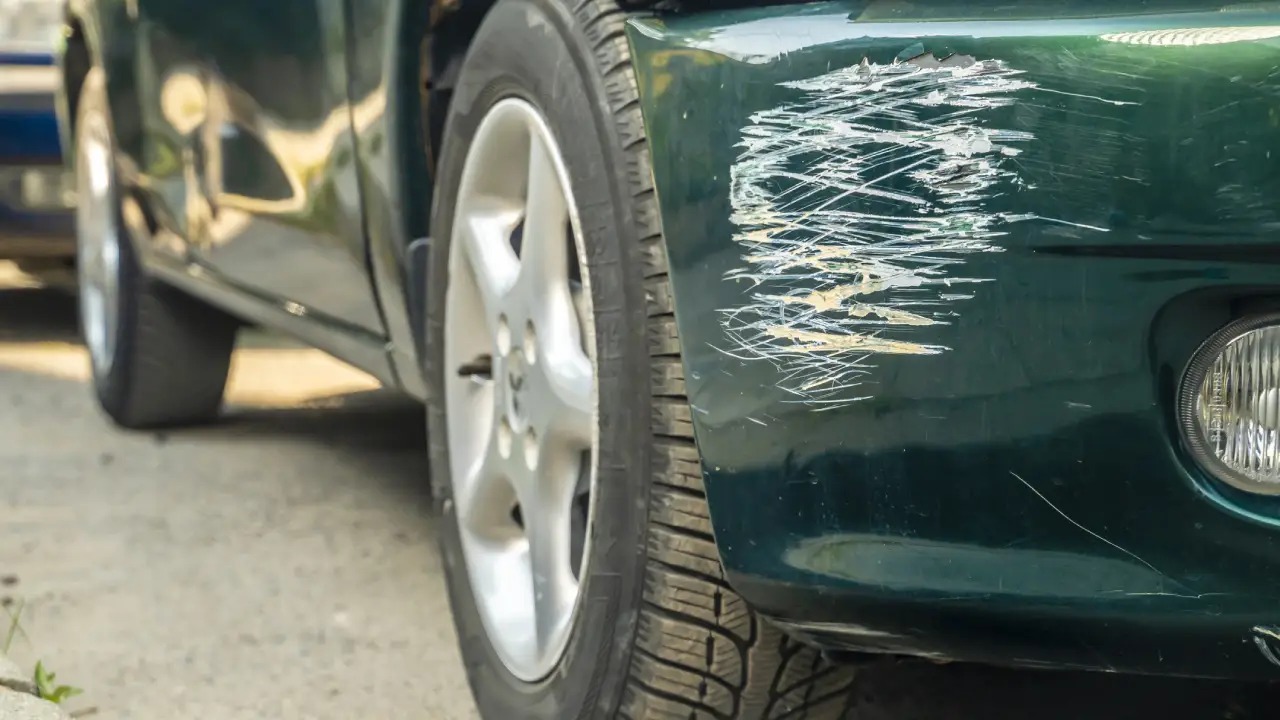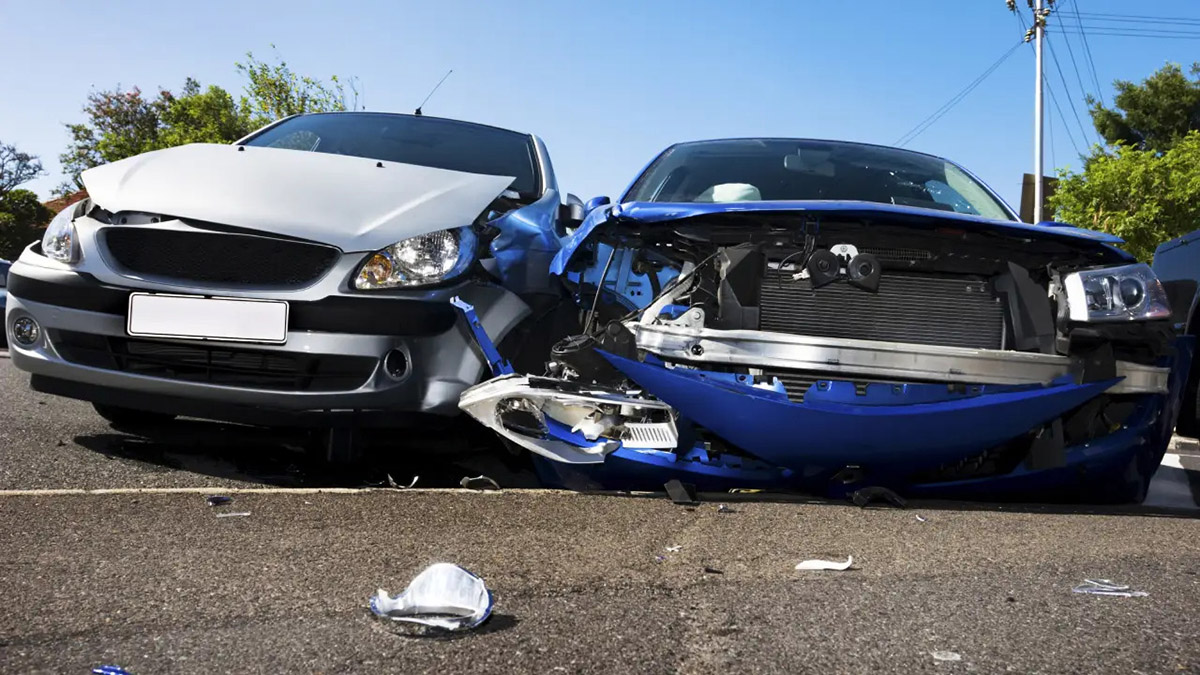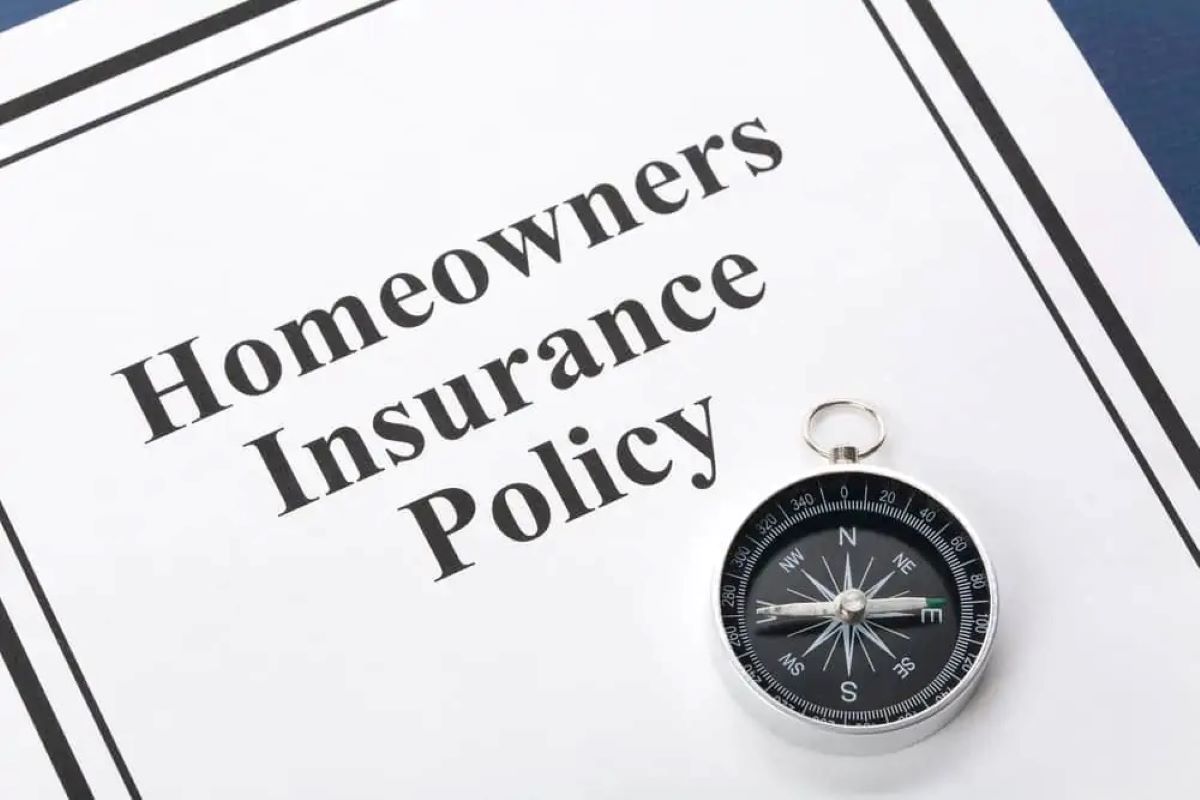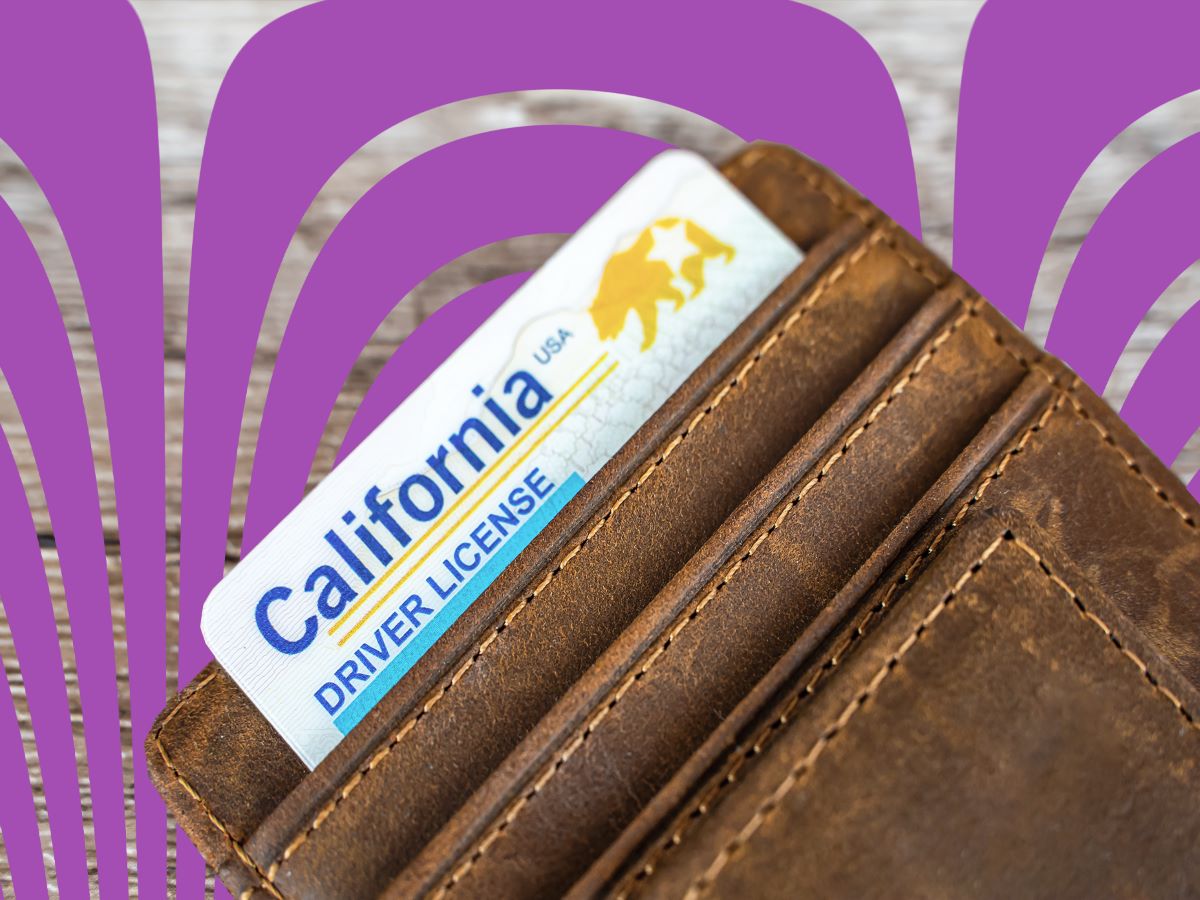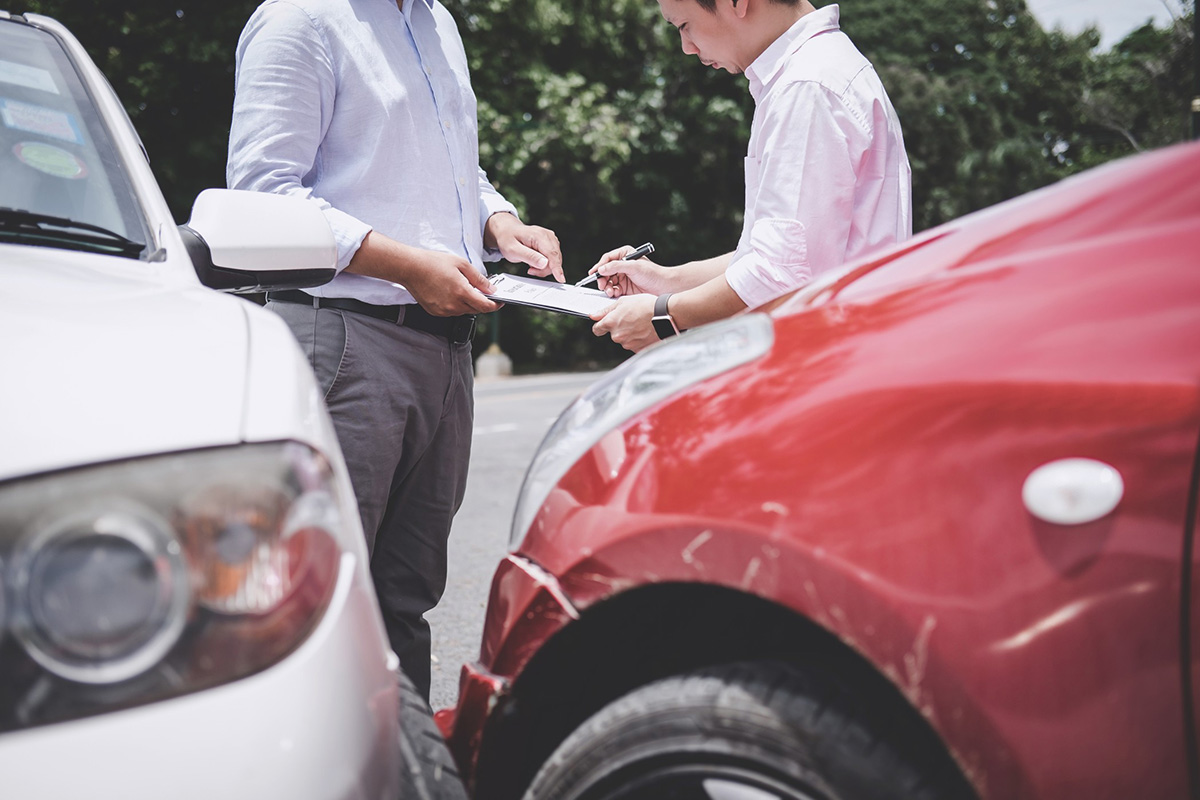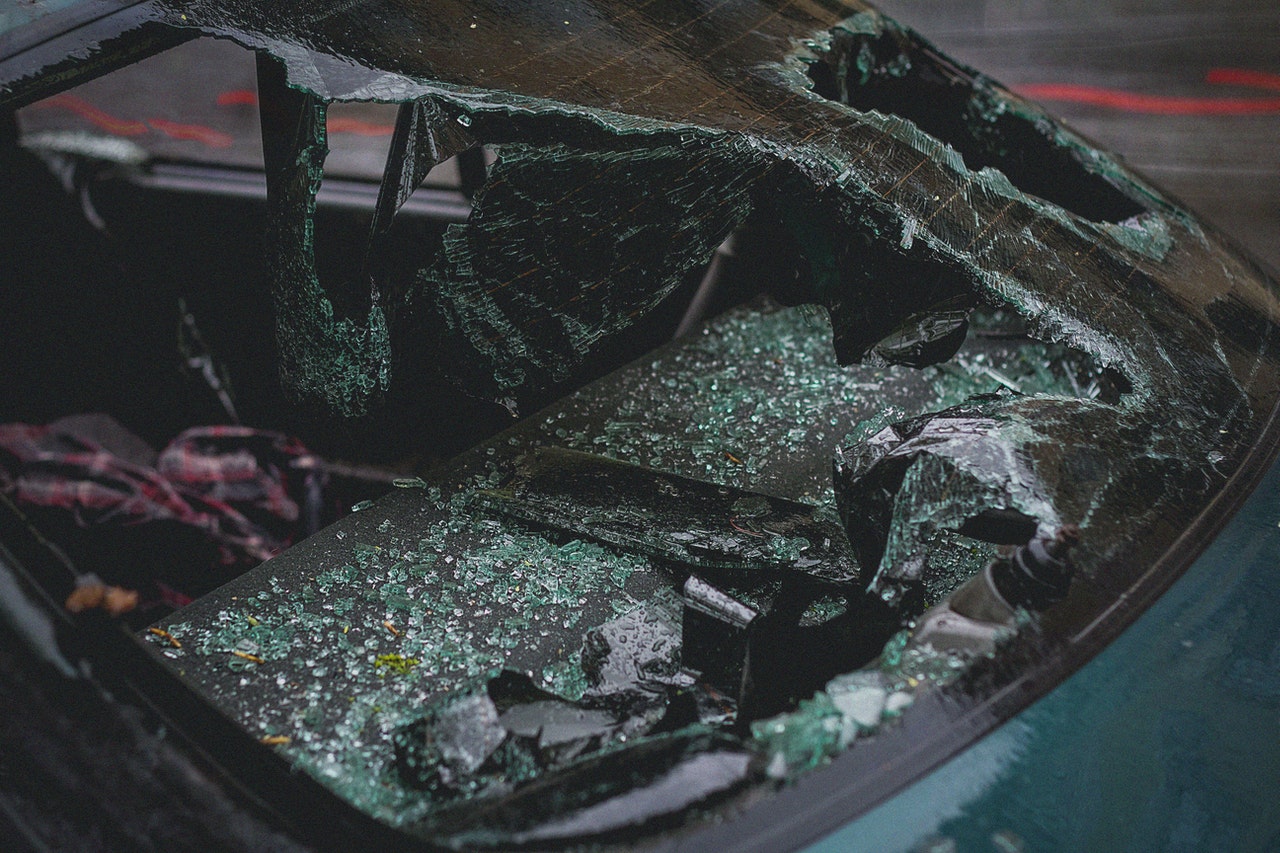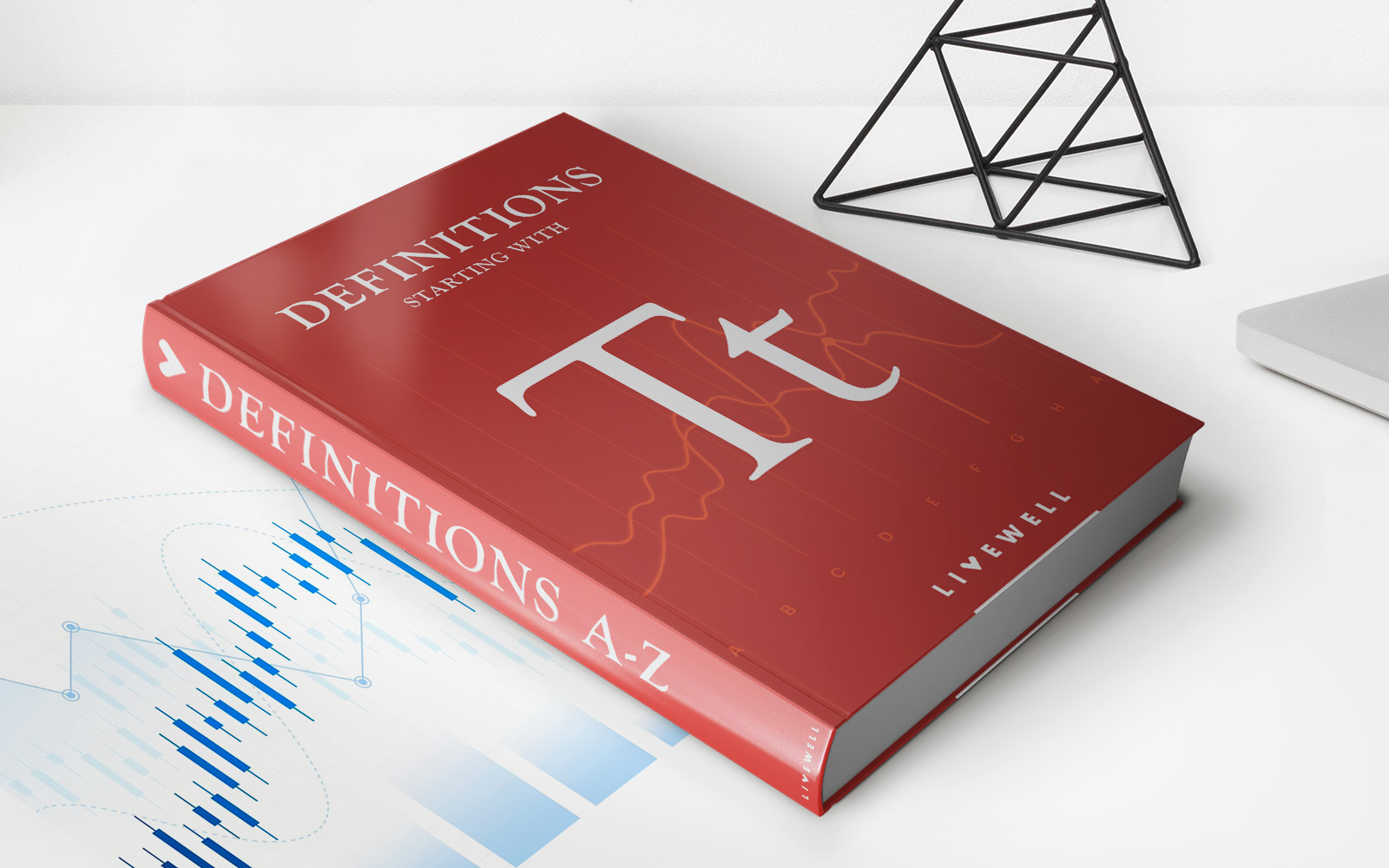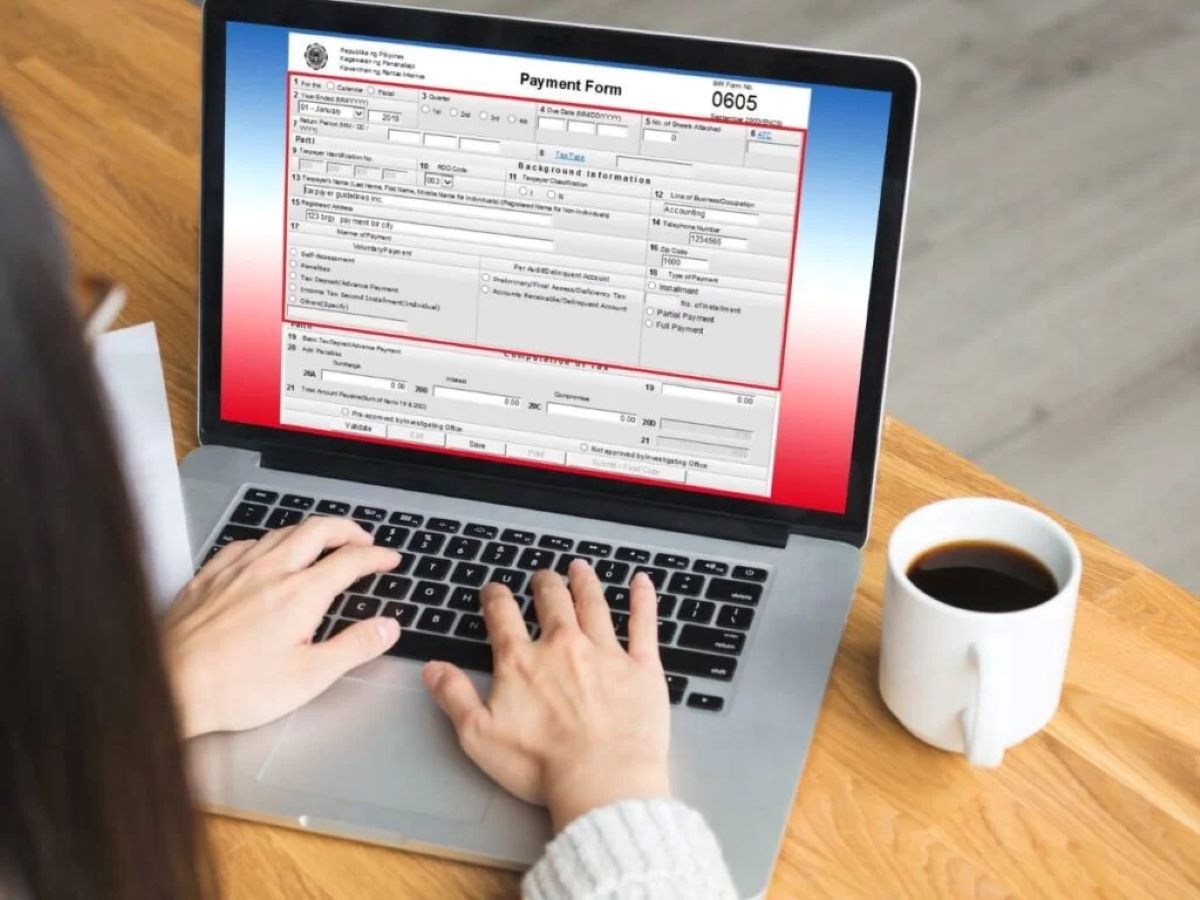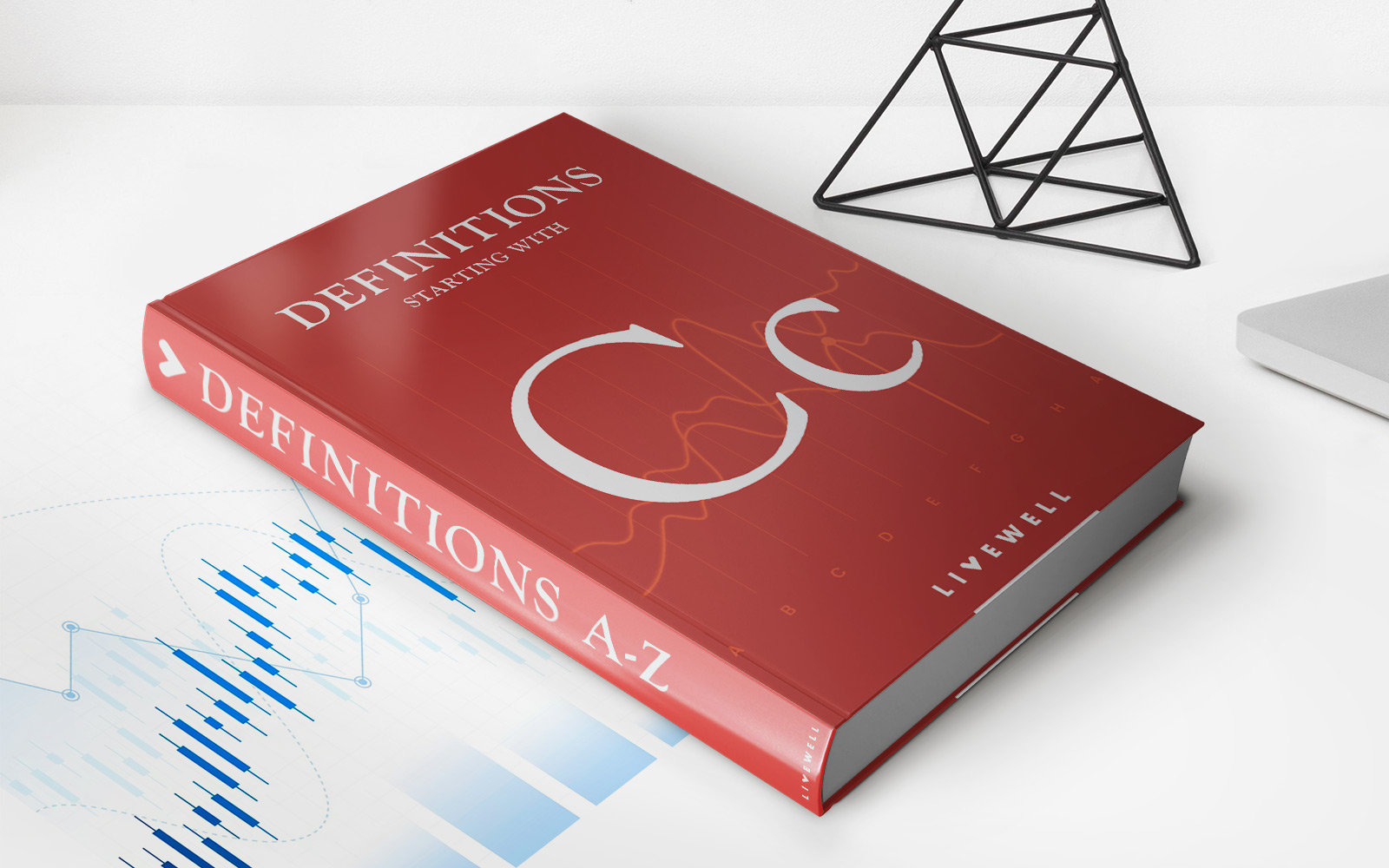Home>Finance>What Happens If You Have No Insurance But The Other Driver Was At Fault?
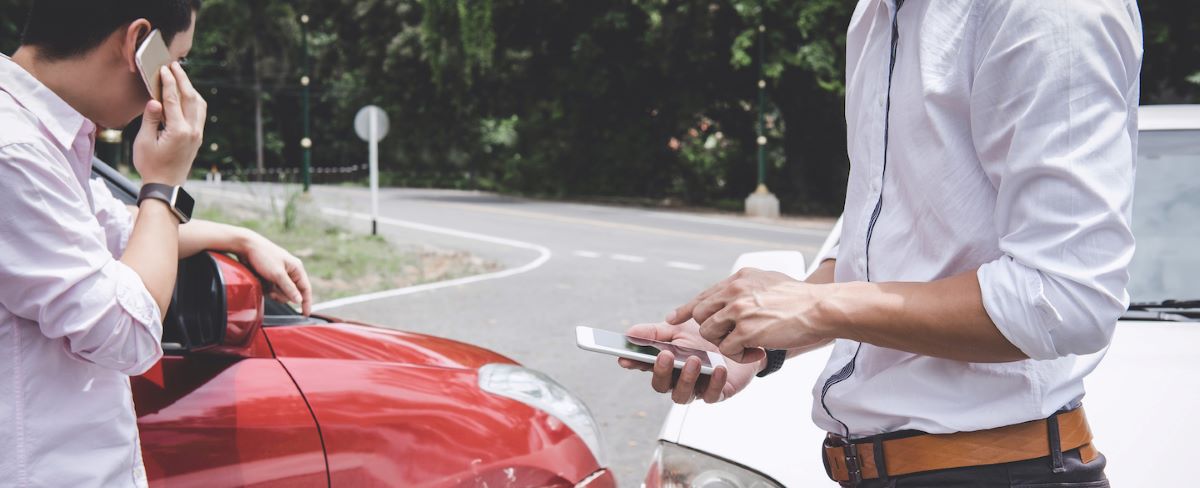

Finance
What Happens If You Have No Insurance But The Other Driver Was At Fault?
Published: November 10, 2023
If you don't have insurance, but the other driver is at fault, you may need to explore legal options to cover the financial implications of the accident. Learn more about your options.
(Many of the links in this article redirect to a specific reviewed product. Your purchase of these products through affiliate links helps to generate commission for LiveWell, at no extra cost. Learn more)
Table of Contents
Introduction
Car accidents can be stressful and overwhelming, especially if you don’t have insurance and the other driver is at fault. Being involved in a collision is bad enough, but facing the financial repercussions without any insurance coverage can compound the situation. However, it is crucial to understand your rights and options in such a scenario.
When it comes to car accidents, determining fault is a critical aspect of seeking compensation for damages. Generally, the at-fault driver’s insurance is responsible for covering the costs of the accident. However, things can become more complicated if you don’t have insurance yourself.
In many jurisdictions, auto insurance is mandatory, meaning that all drivers must carry a minimum level of coverage. This compulsory auto insurance is meant to protect both drivers and other parties involved in accidents. However, there are instances where drivers fail to comply with these requirements, leaving themselves and others vulnerable in the event of an accident.
Additionally, some states operate under a “no-fault” insurance system, where each driver’s insurance covers their own damages, regardless of who is at fault. This system may provide some level of protection to uninsured drivers, but it varies from state to state.
As an uninsured driver, you face several challenges when seeking compensation for damages. In this article, we will explore what happens if you have no insurance, but the other driver is at fault in a car accident. We will delve into the potential options available to you and what recourse you have in seeking compensation.
It is crucial to note that every situation is unique, and the laws can vary depending on your jurisdiction. Consulting with a legal professional who specializes in personal injury and insurance claims is always advisable to understand your specific rights and options.
Understanding Fault in Car Accidents
When it comes to car accidents, determining who is at fault is critical in the process of seeking compensation for damages. Insurance companies, law enforcement, and even courts rely on establishing fault to assign liability and determine the responsible party.
Fault in car accidents is typically determined through an investigation conducted by insurance adjusters and law enforcement officers. They consider factors such as witness statements, police reports, physical evidence, and other relevant information to determine who is at fault.
In most cases, the at-fault driver’s insurance is responsible for covering the costs of the accident and compensating the injured parties for their damages. However, if you don’t have insurance and the other driver is at fault, it can present unique challenges.
Without insurance, you may not have the backing of your own insurance company to advocate for you and negotiate a settlement. However, it’s essential to gather as much evidence as possible from the accident scene, including photos, videos, and witness statements, to support your claim.
It’s important to remember that fault can be divided in some situations. For example, if both drivers share some level of responsibility for the accident, comparative negligence laws may come into play. In such cases, the compensation you are entitled to may be reduced based on your percentage of fault.
Understanding how fault is determined and the laws in your jurisdiction regarding comparative negligence is crucial in navigating the claims process. Working with an experienced attorney can help you understand your rights and build a strong case to maximize your compensation.
In the next section, we will explore the compulsory auto insurance laws that exist in many jurisdictions and how they impact your ability to seek compensation as an uninsured driver.
Compulsory Auto Insurance Laws
In order to protect drivers and other parties involved in accidents, many jurisdictions have implemented compulsory auto insurance laws. These laws require drivers to carry a minimum level of insurance coverage to ensure that they can financially compensate others in case of an accident.
The specific requirements for compulsory auto insurance can vary from state to state or country to country. Commonly, the minimum coverage includes liability insurance, which covers the costs of injuries or damages to other people or their property if you’re at fault in an accident.
By enforcing compulsory auto insurance laws, governments aim to minimize the risk of financial hardship that can result from car accidents. It helps ensure that drivers take responsibility for their actions and have a means to compensate others for any damages they may cause.
If you don’t have valid auto insurance at the time of an accident, you may be in violation of the law. This can have legal consequences and potentially result in fines, license suspension, or other penalties, depending on the jurisdiction.
When it comes to seeking compensation for damages as an uninsured driver, compulsory auto insurance laws can impact your ability to recover. In some cases, being uninsured may limit or even eliminate your right to pursue a claim against the other driver’s insurance company.
It’s important to note that insurance laws and regulations can be complex, and there may be exceptions or specific provisions in your jurisdiction that apply to uninsured drivers. Consulting with a knowledgeable attorney who specializes in personal injury and insurance claims is essential to understand your rights and options.
In the next section, we will discuss the concept of “no-fault” insurance and how it can affect uninsured drivers in certain jurisdictions.
No-Fault Insurance States
Some jurisdictions operate under a “no-fault” insurance system, which means that each driver’s insurance company is responsible for covering their own damages and injuries, regardless of fault. In these states, regardless of whether you have insurance or not, your insurance company will typically provide coverage for your own losses.
Under no-fault insurance laws, the ability to file a lawsuit against the at-fault driver and seek compensation for damages may be limited. This is because the system is designed to streamline the claims process and reduce the need for litigation.
In no-fault insurance states, there is usually a threshold that must be met before you can pursue legal action against the at-fault driver. This threshold typically involves meeting certain criteria, such as a minimum level of medical expenses or proof of severe injuries.
If you don’t have insurance and are involved in a car accident in a no-fault state, you will still have access to benefits through your own insurance company. However, it’s important to note that the coverage may be limited, and you may not be protected against certain damages or losses.
It’s crucial to understand the specific laws and regulations of your state regarding no-fault insurance and uninsured drivers. Consulting with a knowledgeable attorney can help you navigate the complexities of the system and determine the best course of action to seek compensation for your damages.
In the next section, we will discuss the importance of uninsured motorist coverage and how it can provide financial protection for uninsured drivers.
Uninsured Motorist Coverage
Uninsured motorist coverage is a type of auto insurance that provides financial protection for drivers who are involved in accidents with uninsured or underinsured drivers. This coverage is optional in many jurisdictions, but it is highly recommended, especially if you don’t have insurance yourself.
Uninsured motorist coverage typically helps cover medical expenses, property damage, and other losses caused by an uninsured or underinsured driver. It essentially steps in to compensate you for damages that the at-fault driver would have been responsible for if they had valid insurance.
If you have uninsured motorist coverage and you’re involved in an accident with an uninsured or underinsured driver, you can file a claim with your own insurance company. This allows you to seek compensation for your damages, even if the at-fault driver is unable to provide it.
It’s important to carefully review your insurance policy to understand the coverage limits and any exclusions or conditions that may apply. In some cases, uninsured motorist coverage may have a deductible that you need to meet before the insurance company starts providing compensation.
While uninsured motorist coverage can provide financial protection for uninsured drivers, it’s essential to consider purchasing it even if you have insurance. This is because not all drivers may comply with insurance requirements, and in the event of an accident, you want to ensure that you are adequately protected.
Consulting with an insurance professional can help you understand your options and determine the appropriate level of uninsured motorist coverage for your needs.
In the next section, we will explore the option of filing a lawsuit against the at-fault driver as an uninsured driver and the potential challenges that may arise.
Filing a Lawsuit Against the At-Fault Driver
As an uninsured driver, one option you may consider in seeking compensation for damages is filing a lawsuit against the at-fault driver. This allows you to pursue legal action and potentially recover the costs associated with the accident.
Before initiating a lawsuit, it’s crucial to gather evidence to support your claim. This can include photos, videos, witness statements, and any other relevant documentation that proves the other driver’s negligence and your resulting damages.
It’s important to note that filing a lawsuit can be a complex and time-consuming process. It requires understanding the legal procedures, deadlines, and requirements specific to your jurisdiction. Consulting with an experienced personal injury attorney who specializes in car accidents can significantly help in navigating this process.
When suing the at-fault driver, you may be able to seek various types of damages, including medical expenses, property damage, lost wages, pain and suffering, and more. However, it’s important to manage your expectations and understand that the recovery of these damages is not guaranteed.
It’s also crucial to consider the financial situation of the at-fault driver. If they do not have insurance or significant assets, it may be challenging to collect the awarded damages even if you win the lawsuit.
Before pursuing legal action, it’s important to weigh the potential costs associated with a lawsuit, such as attorney fees and court expenses, against the potential benefits of recovering damages. An attorney can help you assess the viability of your case and guide you in making an informed decision.
Keep in mind that every jurisdiction has its own laws and regulations regarding car accident lawsuits and uninsured drivers. Consulting with a legal professional in your area is vital to ensure that you fully understand your rights and obligations when filing a lawsuit.
In the next section, we will discuss potential challenges that uninsured drivers may face when seeking compensation through a lawsuit.
Potential Challenges for Uninsured Drivers
Being an uninsured driver involved in a car accident can present several challenges when seeking compensation for damages. Without insurance coverage, you may face the following difficulties:
- Limited Legal Options: Without insurance, you may be limited in your ability to pursue legal action against the at-fault driver. Compulsory auto insurance laws in many jurisdictions require drivers to have insurance coverage to seek compensation through the legal system.
- Lack of Negotiating Power: Insurance companies have experienced adjusters who are skilled in negotiating settlements. Without your own insurance company to represent you, you may lack the negotiating power to secure a fair settlement for your damages.
- Financial Responsibility: As an uninsured driver, you may be held personally liable for the damages and injuries you cause in an accident. This can result in significant financial burden, especially if you are unable to afford the costs of the accident.
- Difficulty Collecting Damages: Even if you are successful in obtaining a judgment or settlement against the at-fault driver, collecting the awarded damages may be challenging. If the driver lacks insurance or substantial assets, you may face difficulties in recovering the compensation you are owed.
- Legal Consequences: Driving without insurance can have legal consequences, including fines, license suspension, and other penalties. Being found at fault in an accident while uninsured can further complicate your legal situation and potentially result in additional repercussions.
Despite these challenges, it’s important to remember that every case is unique, and there may be options available to help you seek compensation. Consulting with a knowledgeable attorney who specializes in personal injury and insurance claims can provide you with valuable guidance and help you navigate the complexities of your situation.
In the next section, we will explore alternative sources from which uninsured drivers can seek compensation for their damages.
Seeking Compensation from Other Sources
For uninsured drivers involved in a car accident, there may be alternative sources from which they can seek compensation for their damages:
- Personal Assets of the At-Fault Driver: If the at-fault driver has significant personal assets, you may be able to pursue compensation by seeking a judgment against their assets. This can include real estate, vehicles, bank accounts, or other valuable possessions. However, keep in mind that the driver’s financial situation may impact their ability to fully compensate you.
- Personal Injury Protection (PIP) Coverage: Some jurisdictions require drivers to carry Personal Injury Protection (PIP) coverage, which provides medical expense coverage for injuries sustained in a car accident, regardless of who is at fault. Although PIP generally doesn’t cover property damage, it can help alleviate some of the financial burden associated with medical expenses.
- Medicaid or Medicare: If you qualify for Medicaid or Medicare, these programs may provide coverage for your medical expenses resulting from the car accident. Be sure to check the eligibility requirements and coverage limitations in your specific state or country.
- State Compensation Programs: Some states have compensation programs in place to provide financial assistance to victims of uninsured or hit-and-run accidents. These programs are typically designed to help cover medical expenses and property damage when the at-fault driver does not have insurance or cannot be located.
- Crime Victims Compensation Programs: In cases where the car accident resulted from a criminal act, such as a hit-and-run, some jurisdictions have crime victims compensation programs. These programs provide financial assistance to victims of crime, including compensation for medical expenses, lost wages, and other damages.
It’s important to thoroughly explore these alternative sources of compensation and understand the eligibility criteria and limitations that may apply. Consulting with a personal injury attorney can help you navigate these options and determine the most appropriate course of action for seeking compensation.
Regardless of the sources you pursue, it’s crucial to document and keep records of all expenses and losses incurred as a result of the car accident. This includes medical bills, vehicle repair receipts, and any other relevant documents that can support your claim for compensation.
In the final section, we will conclude the article and summarize the information discussed.
Conclusion
Being involved in a car accident is already a stressful experience, and it becomes even more daunting if you don’t have insurance and the other driver is at fault. However, it is important to understand that there are options available to seek compensation for your damages.
Understanding fault in car accidents and the compulsory auto insurance laws in your jurisdiction is crucial. While compulsory auto insurance laws are in place to protect drivers and ensure financial responsibility, they can also present challenges for uninsured drivers when it comes to seeking compensation.
No-fault insurance states operate under a different system where each driver’s insurance covers their own damages, regardless of fault. This system may provide some level of protection to uninsured drivers, but it varies from state to state.
Uninsured motorist coverage is a valuable option to consider as it provides financial protection for accidents involving uninsured or underinsured drivers. It can help cover your medical expenses, property damage, and other losses caused by the at-fault driver.
Filing a lawsuit against the at-fault driver may be an option, but it’s important to consider the potential challenges and costs associated with litigation. Additionally, financial responsibility and collecting damages can be difficult if the at-fault driver lacks insurance or substantial assets.
Exploring alternative sources of compensation, such as personal assets of the at-fault driver or state compensation programs, may provide additional avenues to seek redress for your damages.
It is crucial to consult with a knowledgeable attorney who specializes in personal injury and insurance claims to understand your rights and navigate the complexities of your specific situation.
Remember, every case is unique, and the laws and regulations can vary. By taking the appropriate steps and seeking proper legal guidance, you can better position yourself to recover the compensation you deserve for your damages as an uninsured driver.

